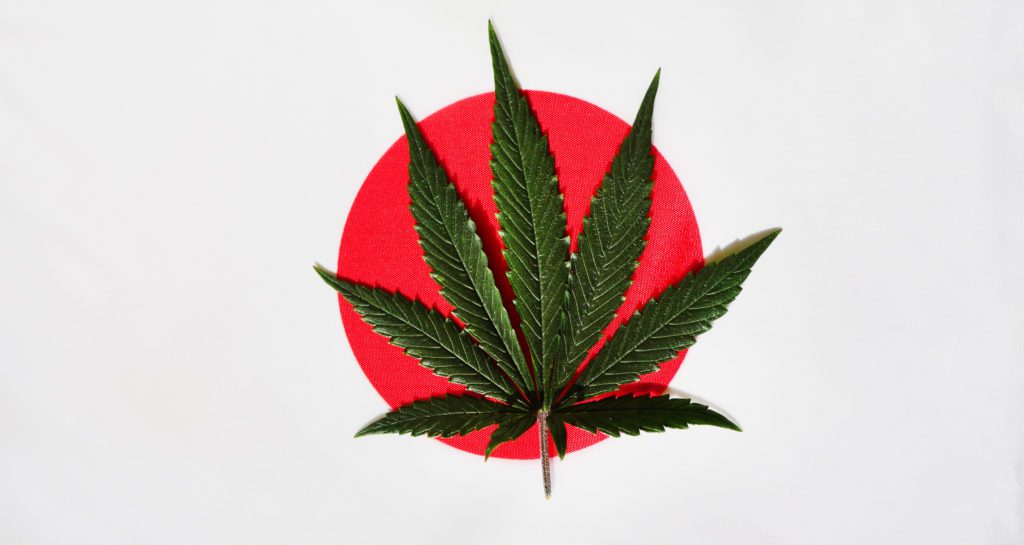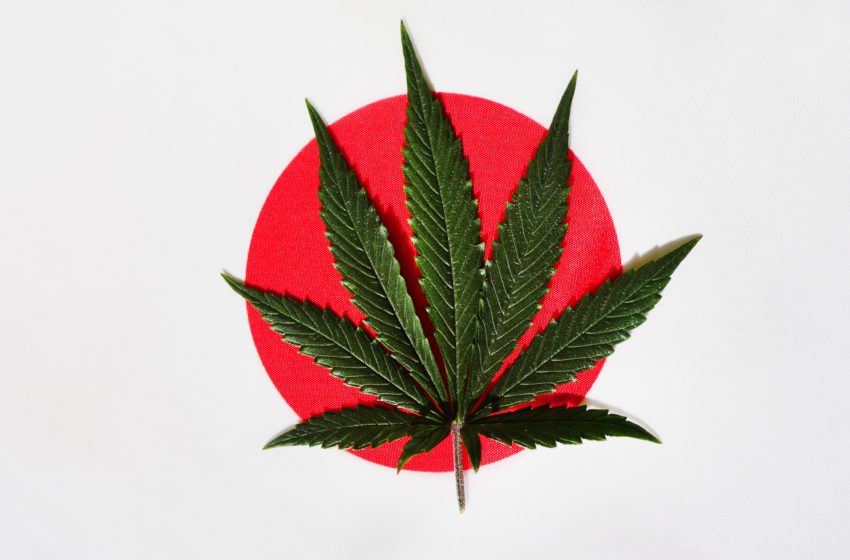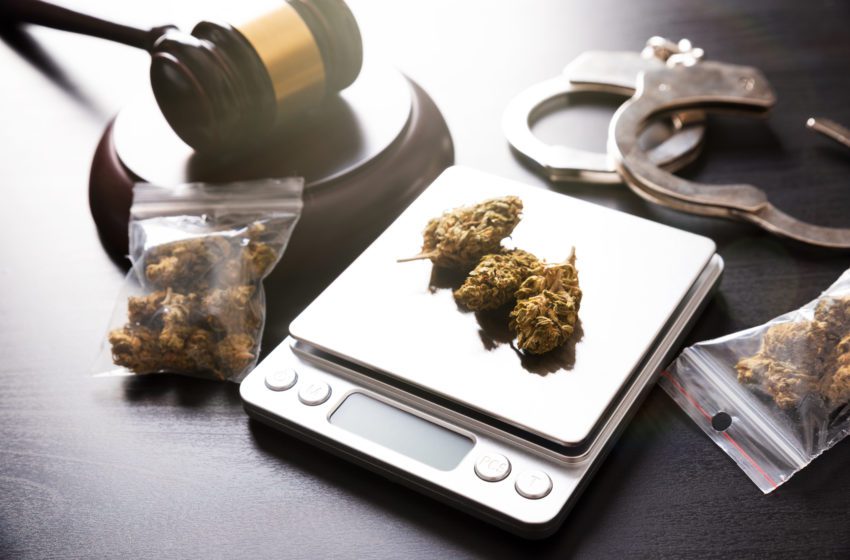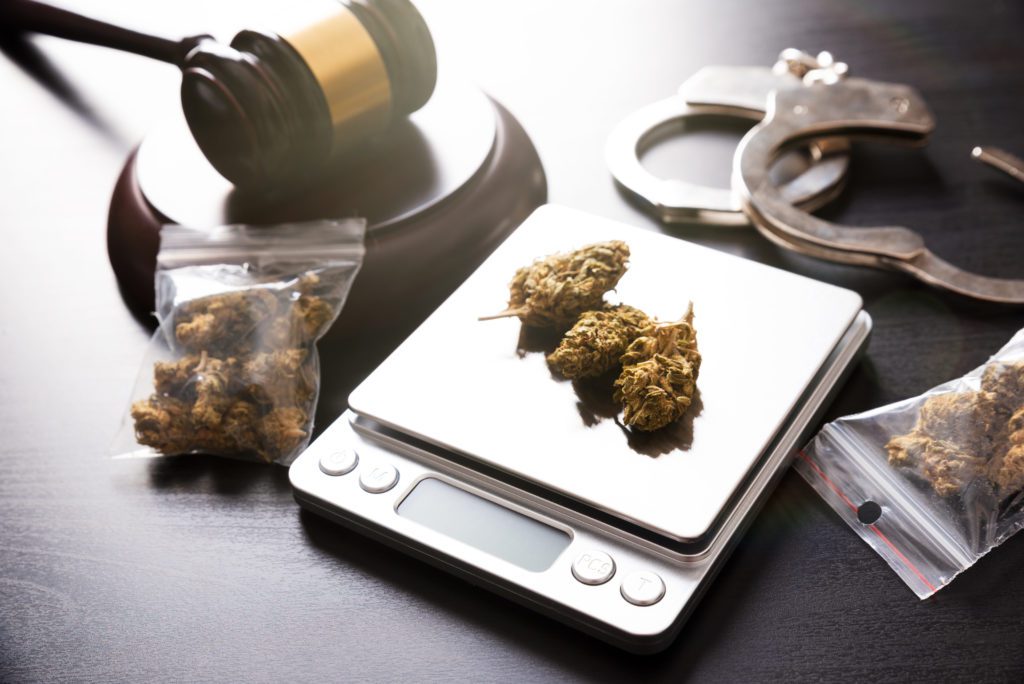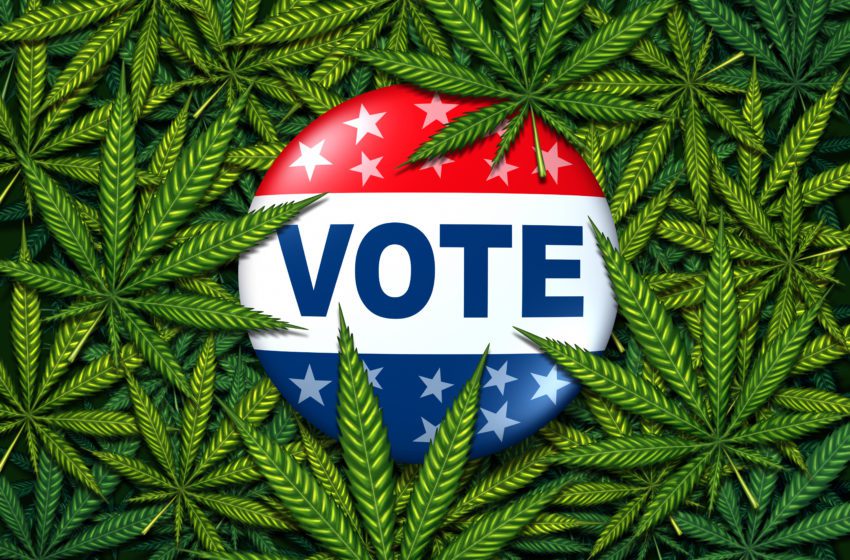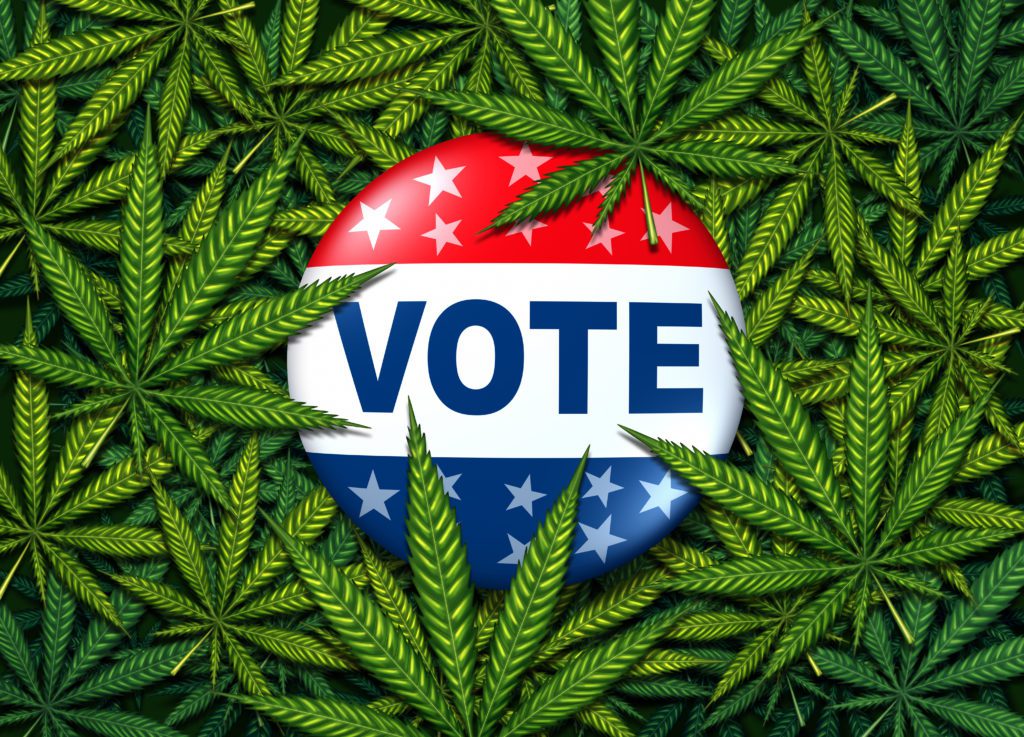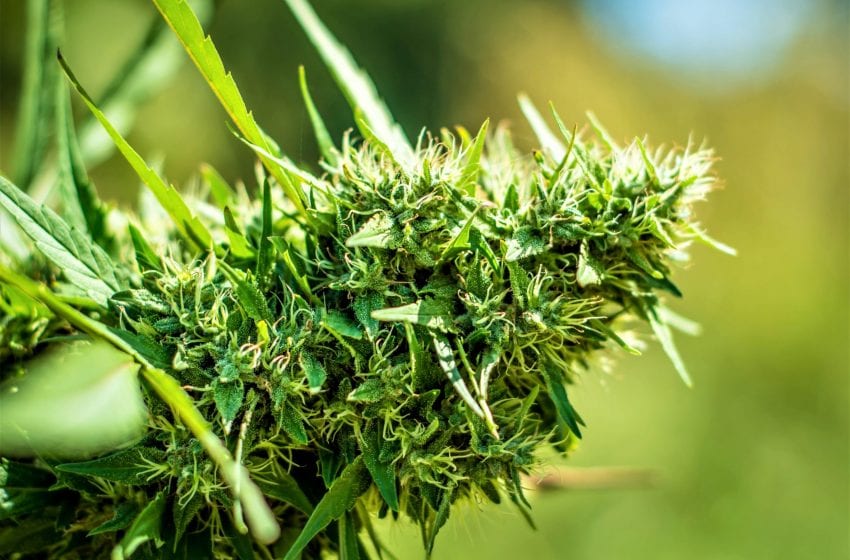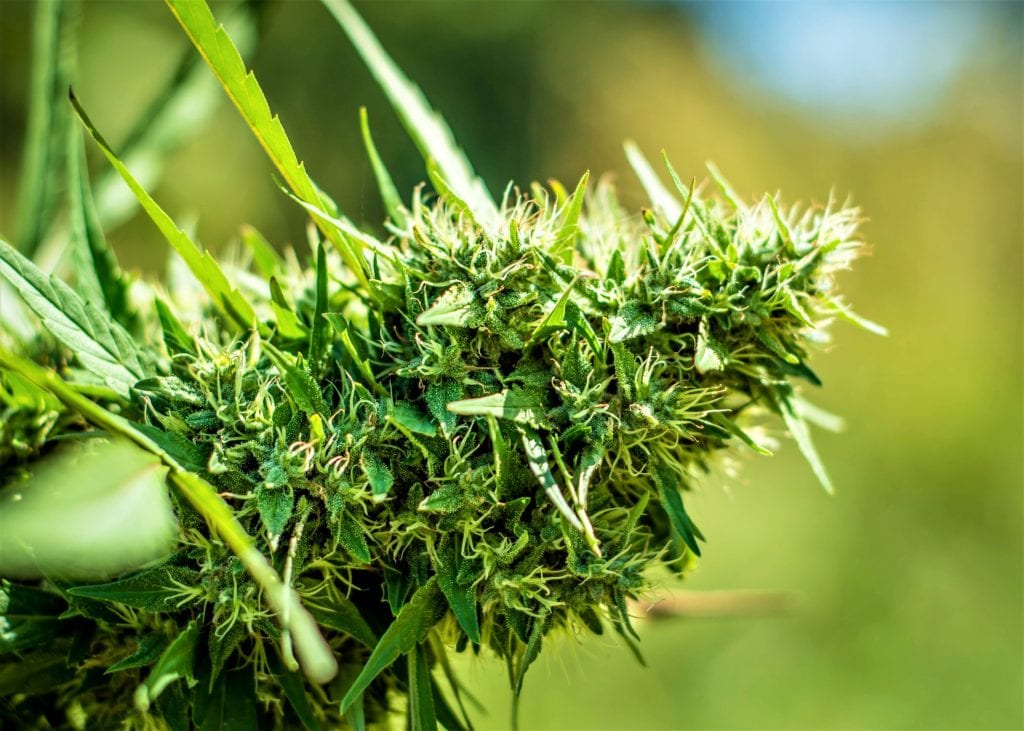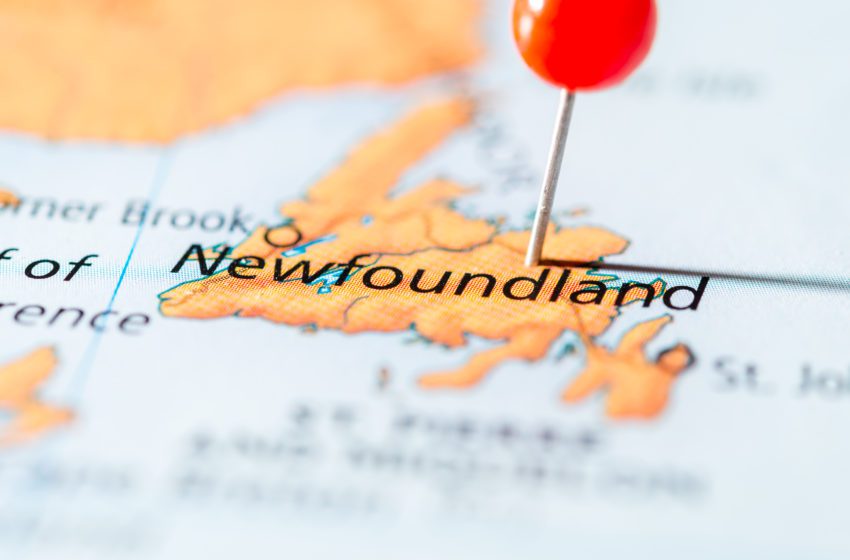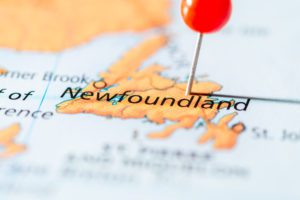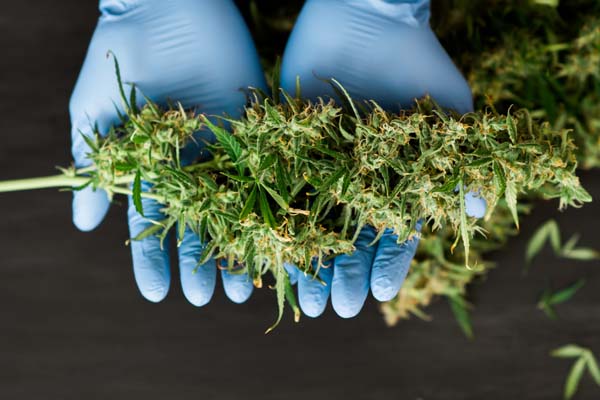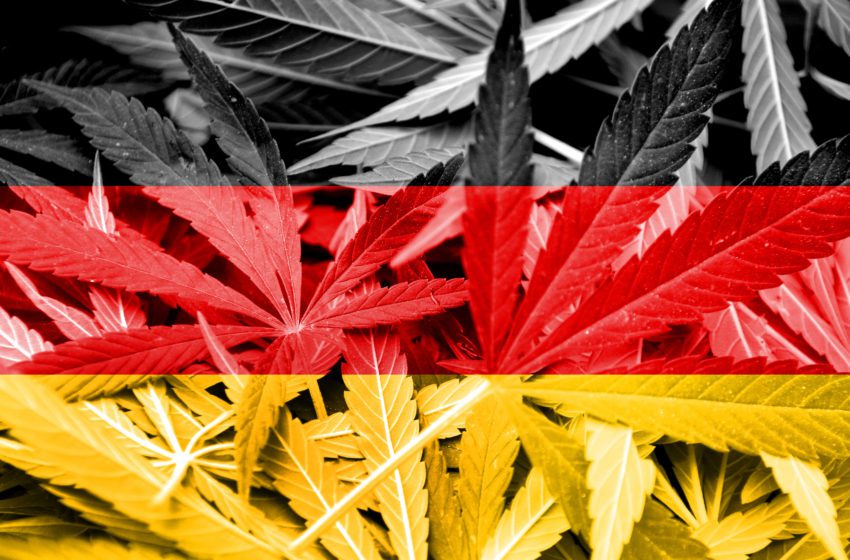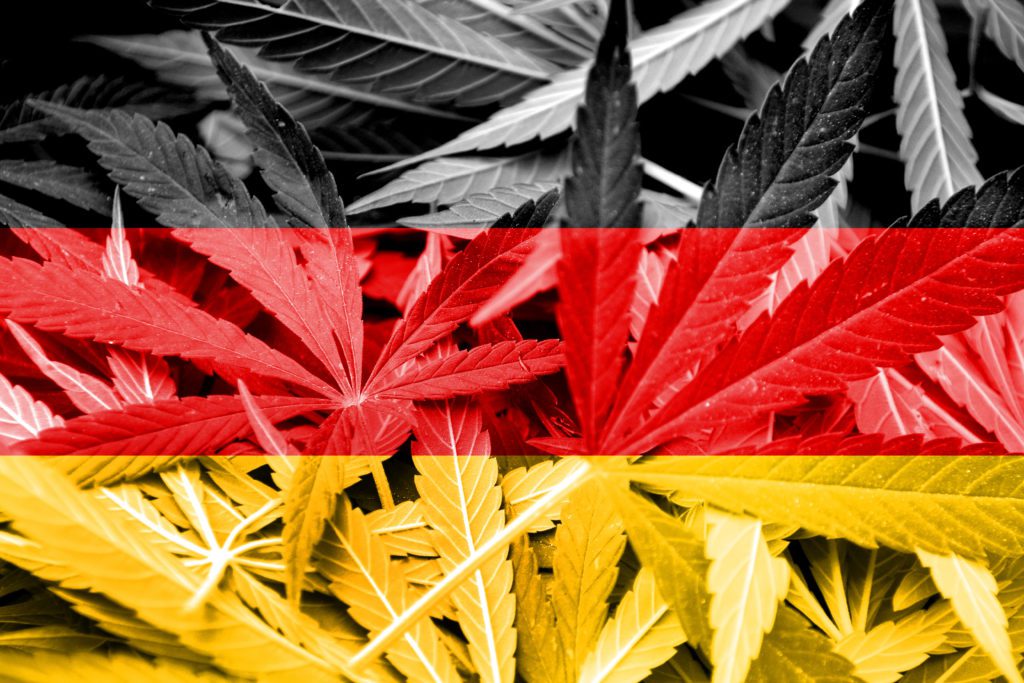Germany set out plans this week to legalize cannabis, a move Chancellor Olaf Scholz’s government said would make Germany one of the first countries in Europe to make the move. Last year, German leaders announced an agreement for recreational cannabis.
Health Minister Karl Lauterbach presented a cornerstone paper on planned legislation to regulate the controlled distribution and consumption of cannabis for recreational purposes among adults.
Acquiring and possessing 20 to 30 grams of recreational cannabis for personal consumption would also be made legal.
The coalition government struck an agreement last year to introduce legislation during its four-year term to allow the controlled distribution of cannabis in licensed shops.
Lauterbach did not give a timeline for the plan, according to Reuters.
Many countries of the region have already legalized cannabis for limited medicinal purposes, including Germany since 2017. Others have decriminalized its general use, while stopping short of making it legal.
According to the paper, private self-cultivation would be permitted to a limited extent. Ongoing investigations and criminal proceedings connected to cases no longer illegal would be terminated.
The government will also introduce a special consumption tax, and develop cannabis-related education and abuse prevention programs.
Legalizing cannabis could bring Germany annual tax revenues and cost savings of about 4.7 billion euros ($4.7 billion) and create 27,000 new jobs, a survey found last year.
Some 4 million people consumed cannabis in Germany last year, 25 percent of whom were between ages 18 and 24, Lauterbach said, adding the legalization would squeeze out the cannabis black market.
Germany will present the paper to the European Commission for pre-assessment and will only draft a law once the Commission approves the plan, the minister added.
“If the EU Commission says no to Germany’s current approach, our government should seek alternative solutions. Not just say: Well, we tried our best,” said Niklas Kouparanis, chief executive Bloomwell Group, one of Germany’s largest cannabis firms.
Berlin should have a plan B if the EU rejects the legalization, Kouparanis said, adding that cannabis imports should be permitted as domestic cultivation will not be able to meet demand in the short term.
The decision has already stirred a mix of reactions across Europe’s biggest economy.
Germany’s pharmacists association warned of the health risks of legalizing cannabis and said it would put pharmacies in medical conflict.
Pharmacists are health care professionals, so “a possible competitive situation with purely commercial providers is viewed particularly critically,” Thomas Preis, head of the North Rhine Pharmacists’ Association, told the Rheinische Post newspaper.
The legalization plan has not been welcomed by all federal states. Bavaria’s health minister, for instance, warned that Germany should not become a drug tourism destination in Europe.
But Germany’s Greens said decades of prohibiting cannabis have only exacerbated the risks.
“Because too-restrictive conditions for the legal market only promote the black market for particularly strong cannabis,” lawmaker Kirsten Kappert-Gonther said on Wednesday.
Lars Mueller, chief executive of German cannabis firm SynBiotic, said Wednesday’s step was “almost like winning the lottery” for his company.
“When the time comes, we will be able to offer franchise-like models for cannabis stores in addition to our own stores,” Mueller said.
